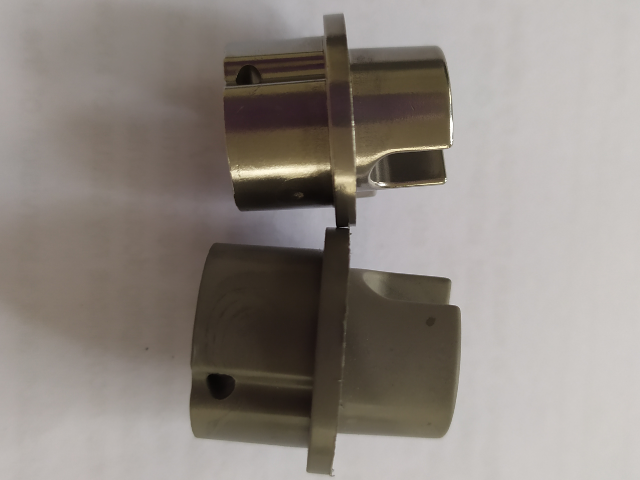The properties of the injection moulding process are comprehensive, including powder flow, bulk density, compacting density, compressibility, formability and sintering size changes. In addition, for some special applications, powders with other chemical and physical properties are also needed, such as catalytic performance, electrochemical activity, corrosion resistance, electromagnetic properties and internal friction coefficient.
The properties of metal injection moulding comprehensively reflect the properties of the metal itself, as well as the properties of individual particles and particles. Generally speaking, the properties of metal powders can be divided into chemical properties, physical properties and technological properties. Chemical properties refer to metal content and impurity content.
Metal injection moulding (MIM) refers to a group of metal particles with a size of less than 1 mm, including single metal powder, alloy powder and some refractory powder with metal properties. Metal injection moulding (MIM) mainly produces metal powder and adhesives that meet the requirements of injection moulding. Then, at a certain temperature, the powder and adhesives are mixed uniformly and then injected into the moulding after granulation.
Physical properties include average particle size and particle size distribution, specific surface and true density, particle shape, surface morphology and internal microstructures. Basic performance can be determined by specific standard test methods.
 Metal Injection Moulding |  MIM Lock fork |
Previous: MIM Blank Deburring Ways

